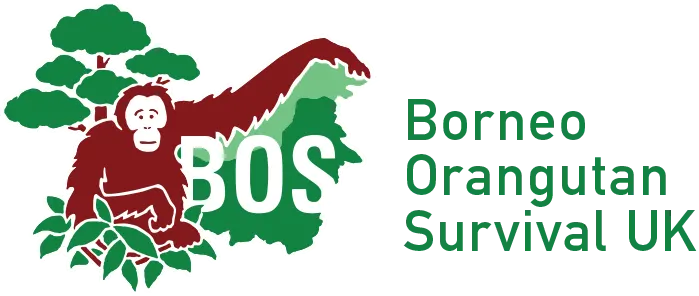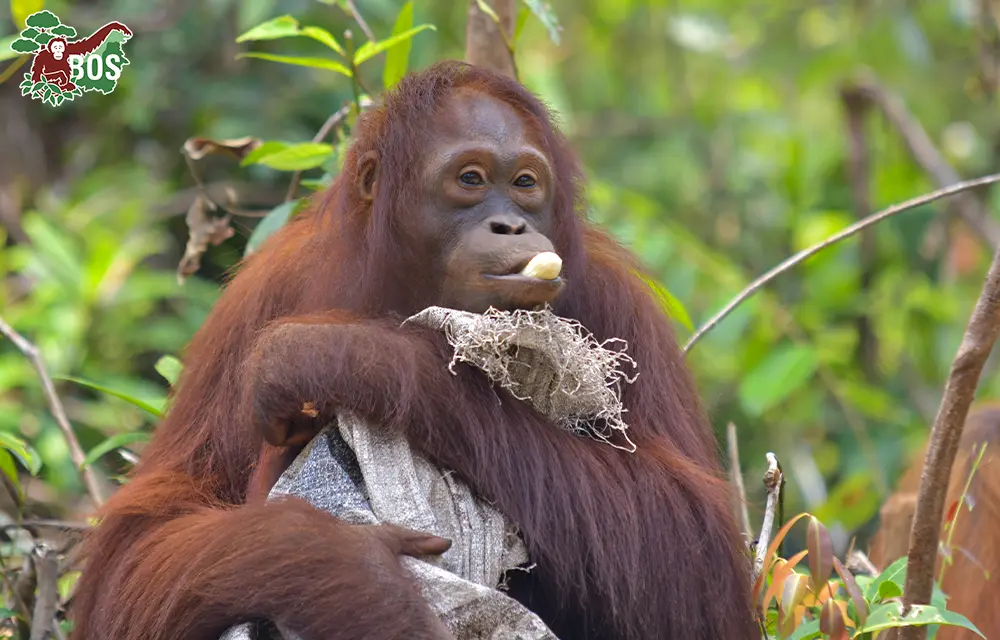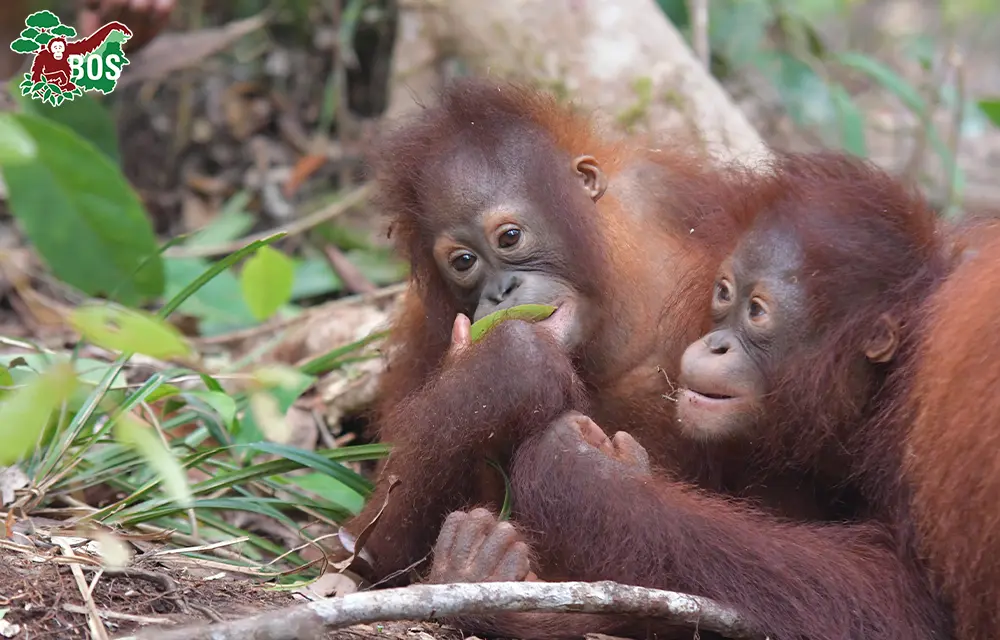The Mawas Conservation Program is one of our working areas in Central Kalimantan. Unlike the Nyaru Menteng Orangutan Rehabilitation Centre, it does not address orangutan rehabilitation but concentrates on preserving the population of wild orangutans living in a vast peat swamp forest. Find out what activities this amazing program undertakes!
With the Mawas Conservation Program, the BOS Foundation and its partners focus on restoring and maintaining a 309,000-hectare area that includes extensive peat swamp forest spread across the two regencies of Kapuas and South Barito in Central Kalimantan. The peat swamp forest in this area was once drained under a failed government program called the Mega Rice Project, which aimed to open up vast agricultural areas to fulfil the demand for rice.
Our Mawas team has been restoring the area by blocking artificial canals and planting vital and endemic trees to return productivity and positive ecosystem services whilst also reducing the danger of forest fires and extraordinary flooding.

The Mawas Conservation Program covers 309,000 hectares of extensive peat swamp forest and is home to 2,550 wild orangutans.
Considering the large working area of the Mawas Conservation Program, other stakeholders are also involved, particularly the surrounding communities. To support their efforts in protecting the environment, we assist and educate them on the sustainable use of natural resources. In addition, we teach the younger generation about conservation, and we recruit local workers in roles that require their special skills.

Of all the activities carried out in the Mawas area, there is one that initially sparked the formation of the Mawas Conservation Program: the protection of wild orangutans. In this area, an estimated 2,550 wild orangutans live under the threat of illegal logging and forest fires, both of which still occur to this day.
To effectively protect these wild orangutans, the BOS Foundation needed scientific support, which led to a collaboration with scientists across various disciplines. For this purpose, the Tuanan Research Station was established as a base for non-invasive research on wild orangutans. Currently, researchers from Universitas Nasional (UNAS) and Rutgers University collect data on wild orangutan behaviour, life history, and dietary ecology, in addition to general peat swamp ecology.
Are you interested in learning more about the Mawas Conservation Program? Stay tuned! We will soon release more stories about this fascinating program!





